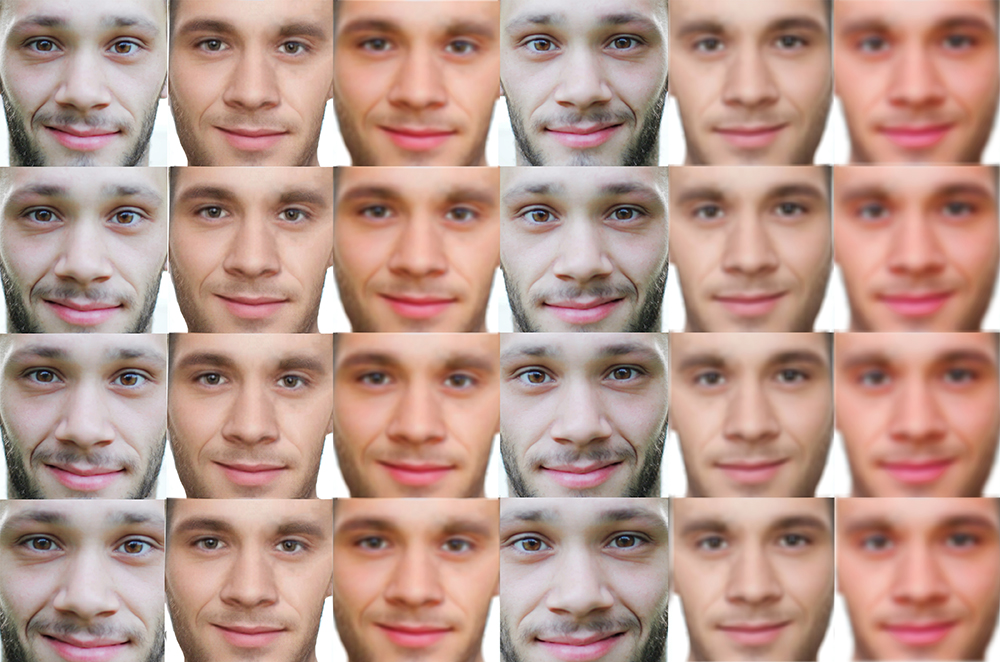Technology is often at the cutting edge of training and development efforts, from two perspectives. First, training is key to help employees learn how to best understand and leverage new technologies in their industries. Second, new technologies can provide improvements in the efficiency and quality of training efforts.
A Look at the World of Deepfake
Both of these perspectives can be seen in a new initiative from Facebook to combat so called “deepfake” videos. Deepfake refers to media content that is produced artificially by powerful computers and machine-learning software that create realistic video and/or audio to give the impression that those consuming the media are seeing or hearing something that is actually occurring when in fact they are not.
The fear among observers—from academics to governments to media organizations—is that nefarious actors could use deepfakes to create fake news stories, such as statements from a political leader.
While deepfakes have the potential to impact a wide range of business, government, and other entities, social media platforms, in particular, have seen calls to find ways to combat deepfakes. Social media platforms are likely hosts—whether intentional or not—for deepfake videos and other content.
Combating the Issue of Deepfakes
Combating deepfakes requires the ability of both programmatic algorithms and human beings to identify and remove deepfakes, but the sophistication and novelty of the technology make that task extremely difficult.
In an effort to meet the challenge, Facebook recently announced it is paying for the creation of its own deepfake videos in order to create a data set of deepfakes, according to an article for CNN by Rachel Metz.
“The company hopes people in the artificial-intelligence [AI] community will use the data set, which will also include source videos and imagery of actors, to come up with new ways to spot technologically manipulated videos online—and stop them from spreading,” she writes.
The company is creating a competition called the Deepfake Detection Challenge, which hopes to gain the participation of AI research by offering grants and awards totaling over $10 million.
AI May Offer Solutions
The goal of the competition is to develop AI that can detect deepfake videos. “There are a number of methods for finding deepfakes, including looking at the video for things like out-of-place shadows and strange visual artifacts,” writes Metz. “But it becomes increasingly difficult as the technology behind deepfakes is quickly evolving.”
The emergence and growing sophistication of deepfakes are alarming to many, particularly considering the lack of knowledge of the technology and how to combat them.
Facebook’s initiative, therefore, provides a great example of how training can boost the ability to manage the challenges and opportunities of emerging technologies at the same time emerging technologies can help develop and improve training efforts.

